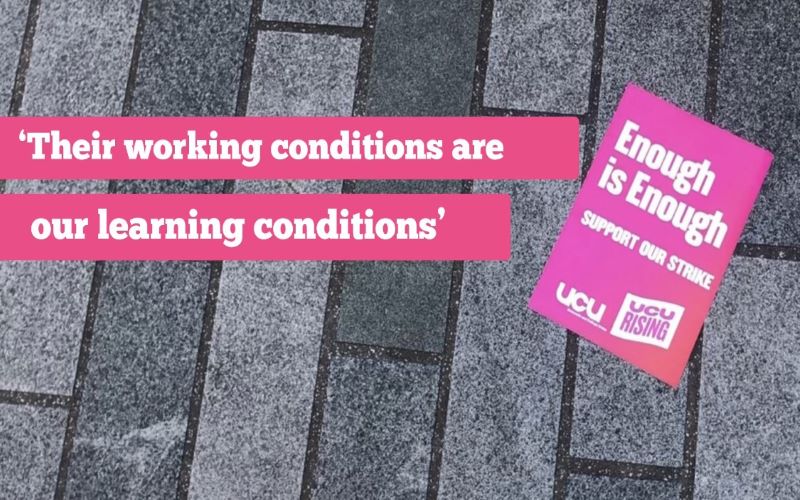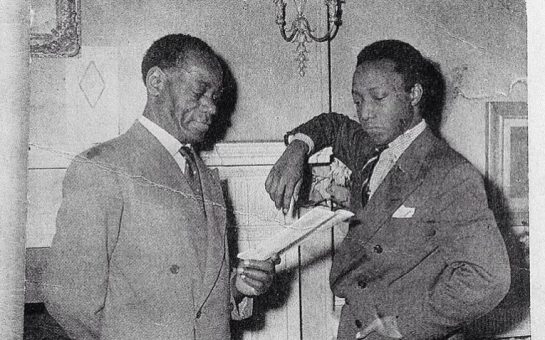“The biggest strike in the history of Higher Education” was held this November, according to the University and College Union (UCU), with over 70,000 staff forming picket lines at 150 universities across the UK.
UCU members voted 84.9% in favour of industrial action on the 24th, 25th, and 30th of the month in a dispute over pay, gender and ethnic inequality, working conditions, and casualisation.
The strikes caused disruption to over 2.5 million students, stated the UCU, with lectures and teaching cancelled.
However, on the picket lines, the Vice-Chair of the London School of Economics’ (LSE) UCU branch Dr Peter Skrandies said: “Students are generally very sympathetic…they know that our working conditions are their learning conditions.”
LSE MA student Ceylan Borger had attended the picket line to show support for her striking lecturers. She said: “I find that if our [professors] aren’t being paid adequately or [don’t] have proper working conditions, then that directly affects students.”
November’s disruption is the sixth round of higher education strikes since 2018. Nonetheless, LSE UCU member and PhD student Jack McGinn said: “There’s a lot of support from students – even more so than last year.”
The National Union of Students’ Vice President of Higher Education Chloe Field suggested that the cost of living crisis is a factor contributing to students’ support of their lecturers.
However, the Universities and Colleges Employers Association, who represent employers in this dispute, reported that the initial impact on students was low and isolated.
A spokesperson for LSE said that it supports both staff and students, while engaging in “constructive discussion” with its UCU branch.
On December 2, the UCU announced the joint university unions had met with representatives of employers. They agreed to enter into negotiations until 31 Janurary 2023 with a view to resolving the 2022/23 pay round on which the current dispute is based.





